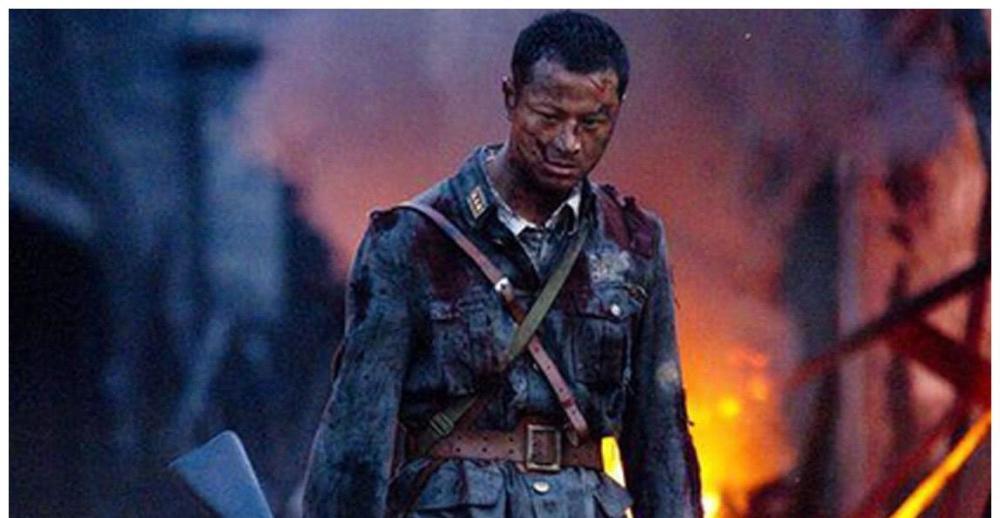During the War of Resistance Against Japan, in the face of the fierce and vicious Japanese aggressors, the Chinese people were united as never before and resisted the Japanese together. In this long war that lasted 14 years, China emerged many heroes of the War of Resistance, many of whom are familiar generals, but more of them are unknown civilian heroes. Today we are going to talk about such a person.

In October 1937, a large number of Japanese troops moved south, and the Chinese army and the Japanese army launched the Battle of Xinkou. The Nationalist 71st Division of the 34th Army was responsible for blocking the enemy on the right flank in this battle. After they reached the position, the division commander Guo Zongfen began to arrange the army to build a defensive line. The next day the Japanese army did launch an attack, and it was shortly after the beginning of the War of Resistance, and the Japanese army fought very strongly. They threw in two companies and began a fierce attack on the forward positions of the 71st Division.
Garrisoning the forward position was the 428th Regiment, which had no power to fight back in the face of the enemy's fierce attack, and their seagulls were afraid of being surrounded by the enemy, and finally chose to retreat to the village of Hazy. With the mountains on its back and a river in front of it, the Japanese tanks could not pass, which was very conducive to defense. The Japanese did not give up and launched another attack on the village of Hazy, and the Japanese began to shell fiercely, and then sent aircraft to bomb. It caused a large number of casualties among Chinese soldiers.
After some bombardment, the Japanese began to charge, and the soldiers under the command of Wang Enjue, the commander of the 428th Regiment, counterattacked. They were condescending and began to fight back fiercely, and the Japanese launched a dozen consecutive charges and were all repelled. At the foot of the hill were the corpses of the Japanese army, but their own casualties were also very tragic, and more than 500 Japanese shells were fired at their positions alone, and many officers were killed under heavy artillery fire.
But even so, the rest of the people still held their positions, no one was willing to take a step back, and the enemy never managed to capture the position. The reason why they were able to persist for so long was thanks to one person, this person was Guo Ting, a native of Yuncheng, Shandong. He was tall and mighty, and his arm strength was amazing. When in the army, the average soldier can throw more than 30 meters with a grenade, but he can throw more than 50 meters. Not only did he throw grenades very far away, but he was also very accurate, so everyone called him a "live mortar".
In this battle, he threw more than 100 grenades in an hour, blowing up the Japanese soldiers without falling, and it can be said that he alone repelled many Japanese attacks. By the end of the battle, his arms were swollen with amazement because he had thrown too many grenades!
After the regimental commander learned about him, he decided to promote him to platoon commander, and later simply made him a company commander, really promoted to the third level in a row. However, Guo Tingchen did not agree. After Japan surrendered in 1945, he refused the regimental commander's offer and returned home to become a farmer.